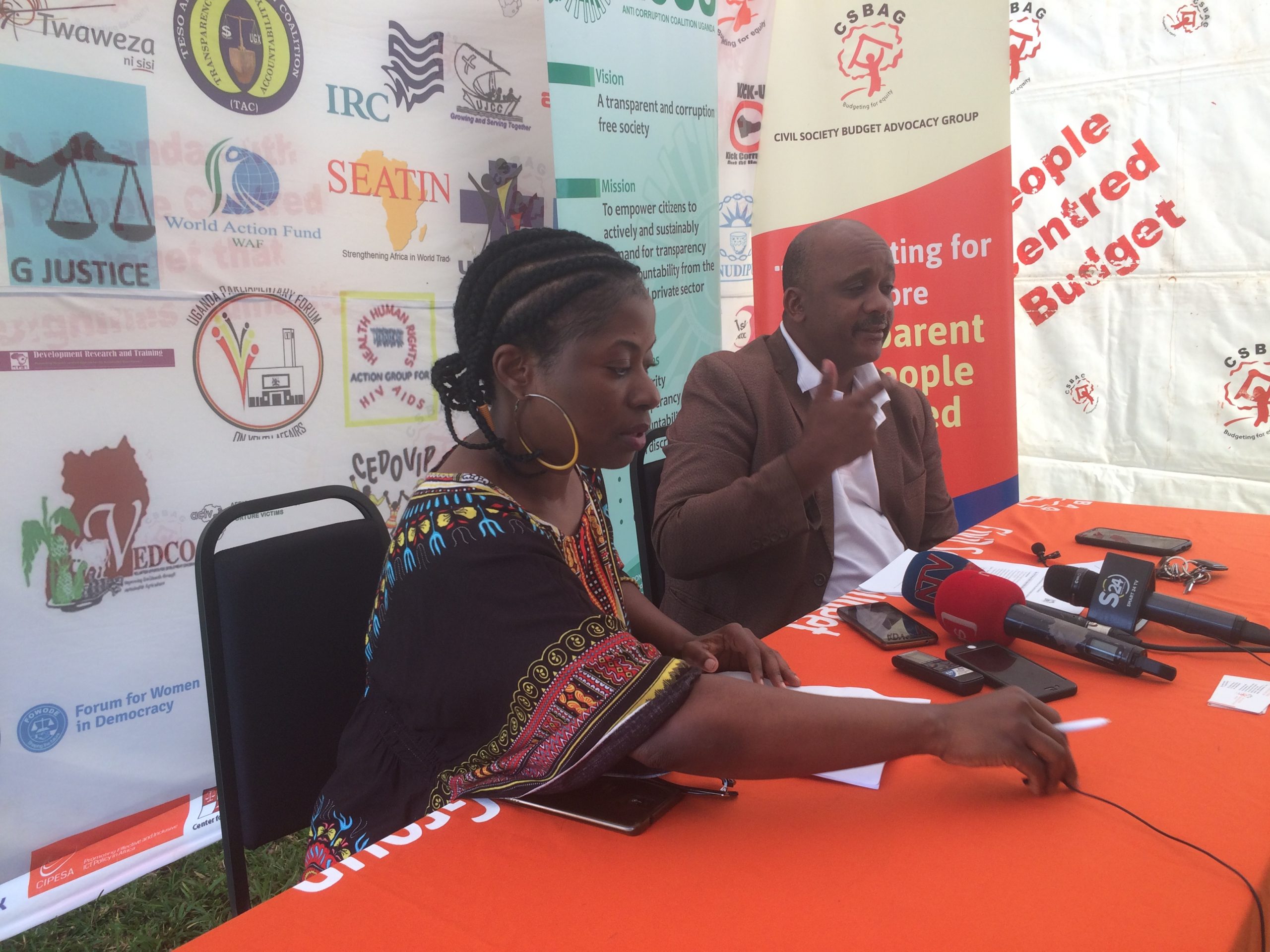With half of the stunting in children under 2 developing during pregnancy and before six months, a new report raises the alarm on the need to invest in essential nutrition programs for adolescent girls and women The number of pregnant and breastfeeding adolescent girls and women suffering from acute malnutrition has soared from 5.5 million to 6.9 million – or 25 percent – since 2020 in 12 countries hardest hit by the global food and nutrition crisis, according to a new report released by UNICEF today.
The 12 countries – including Afghanistan, Burkina Faso, Chad, Ethiopia, Kenya, Mali, Niger, Nigeria, Somalia, South Sudan, Sudan, and Yemen – represent the epicenter of a global nutrition crisis that has been exacerbated by the war in Ukraine and on-going drought, conflict, and instability in some countries.
Undernourished and Overlooked: A Global Nutrition Crisis in Adolescent Girls and Women – issued ahead of International Women’s Day – warns that the ongoing crises, aggravated by ongoing gender inequality, are deepening a nutrition crisis among adolescent girls and women that had already shown little improvement in the last two decades.
“The global hunger crisis is pushing millions of mothers and their children into hunger and severe malnutrition,” said UNICEF Executive Director Catherine Russell. “Without urgent action from the international community, the consequences could last for generations to come.”
According to the report – an unprecedented and comprehensive look at the state of adolescent girls and women’s nutrition globally – more than one billion adolescent girls and women suffer from undernutrition (including underweight and short height), deficiencies in essential micronutrients, and anemia, with devastating consequences for their lives and wellbeing.
Inadequate nutrition during girls’ and women’s lives can lead to weakened immunity, poor cognitive development, and an increased risk of life-threatening complications – including during pregnancy and childbirth – with dangerous and irreversible consequences for their children’s survival, growth, learning, and future earning capacity.
Globally, 51 million children under 2 years suffer stunting, meaning they are too short for their age due to malnutrition. Of those, about half become stunted during pregnancy and the first six months of life, the 500-day period when a child is fully dependent on maternal nutrition, according to a new analysis in the report.
“To prevent undernutrition in children, we must also address malnutrition in adolescent girls and women,” Russell added.
South Asia and sub-Saharan Africa remain the epicenter of the nutrition crisis among adolescent girls and women, home to 2 in 3 adolescent girls and women suffering from being underweight globally, and 3 in 5 adolescent girls and women with anemia. Meanwhile, adolescent girls and women from the poorest households are twice as likely to suffer from being underweight as those from the wealthiest households.
Global crises continue to disproportionately disrupt women’s access to nutritious food. In 2021, there were 126 million more food-insecure women than men, compared to 49 million more in 2019, more than doubling the gender gap of food insecurity.
Since last year, UNICEF has scaled up its efforts in the countries hardest hit by the global nutrition crisis, including Afghanistan, Burkina Faso, Chad, the Democratic Republic of the Congo, Ethiopia, Haiti, Kenya, Madagascar, Mali, Niger, Nigeria, Somalia, South Sudan, Sudan, and Yemen, with an acceleration plan to prevent, detect, and treat wasting in women and children.
The report calls for governments, development and humanitarian partners and donors, civil society organizations, and development actors to transform food, health, and social protection systems for adolescent girls and women by:
- Prioritizing adolescent girls’ and women’s access to nutritious, safe, and affordable diets, and protecting adolescent girls and women from ultra-processed foods through marketing restrictions, compulsory front-of-pack labeling, and taxation.
- Implementing policies and mandatory legal measures to expand large-scale food fortification of routinely consumed foods such as flour, cooking oil, and salt to help reduce micronutrient deficiencies and anemia in girls and women.
- Ensuring adolescent girls and women in low- and middle-income countries have free access to essential nutrition services, both before and during pregnancy, and while breastfeeding, including ante-natal multiple micronutrient supplements.
- Expanding access to social protection programs for the most vulnerable adolescent girls and women, including cash transfers and vouchers to improve girls’ and women’s access to nutritious and diverse diets.
- Accelerating the elimination of discriminatory gender and social norms such as child marriage and the inequitable sharing of food, household resources, income, and domestic work.
“When a girl or woman does not get adequate nutrition, gender inequality is perpetuated,” said Russell. “Learning and earning potential is lowered. The risk of life-threatening complications, including during pregnancy and childbirth increases, and the odds of giving birth to undernourished babies rise. We know what it takes to get life-saving nutrition support and services to the women and children who need it most. We just need to mobilize the political will and resources to act. There is no time to waste.
“While this UNICEF report, “Undernourished and Overlooked: A Global Nutrition Crisis in Adolescent Girls and Women”, does not specifically speak to the situation in Uganda, it brings to light the various challenges around the world and on the continent, and indeed, Uganda. Malnutrition especially among pregnant women and adolescents heightens the risk of maternal and neonatal mortality and morbidity, low birth weight babies, impeded growth, impaired cognitive development, which all often translates to an intergenerational cycle of malnutrition,” says Nelly Birungi, Nutrition Specialist, UNICEF Uganda.
There are growing concerns over nutrition across the country, with only 15 percent of 6-month to 2-year-old children in Uganda consuming the minimum acceptable diet, as measured by diversity and frequency.
This has led to a call for nutrition and food security mainstreaming in the second budget call circular on the finalization of the budget estimates for the financial year 2023/2024, issued on 15 February 2023. The circular urges the Sub-Programmes of Health, Agriculture, Water, Education, Social Development, and Trade to identify and implement measures to mitigate against food (in)security and under-nutrition, specifically maternal and child under-nutrition which is the leading cause of stunting today.
In communities, there is limited capacity to deliver integrated nutrition and care services, and sometimes the existing community health workers are not functional. There is an urgent need to step up multi-sectoral programming, advocate for more investments on nutrition and to ensure a more effective approach to improve nutrition practices and behaviors among target groups and vulnerable populations. There is evidence of the intergenerational effects of malnutrition, as the issues and concerns in one age group may derive from the nutritional issues and concerns in the earlier age group.
Interventions focusing only to one or few age groups may not be enough for sustainable
improvements in health and nutrition outcomes and may result in inefficient use of resources.
If malnutrition is not addressed across all the different stages of the life cycle, the
consequences will lead to increased levels of maternal and neonatal mortality and morbidity,
low birth weight babies, impeded growth, and impaired cognitive development of children.
“Evidence shows that teenage pregnancy is a risk to young girls’ health and wellbeing and disrupts their education and journey toward achieving their future goals. “Many adolescent girls and women in Uganda struggle to access nutritious diets and this is in part owing to harmful social and gender norms and practices which block progress on nutrition. Poor nutrition is passed down through generations. Studies have shown the adverse effects of early pregnancy on newborn health. Babies born to adolescent mothers are usually of low weight, are most likely to suffer from stunted growth, and other health complications that continue through adulthood, “ explains Birungi.














